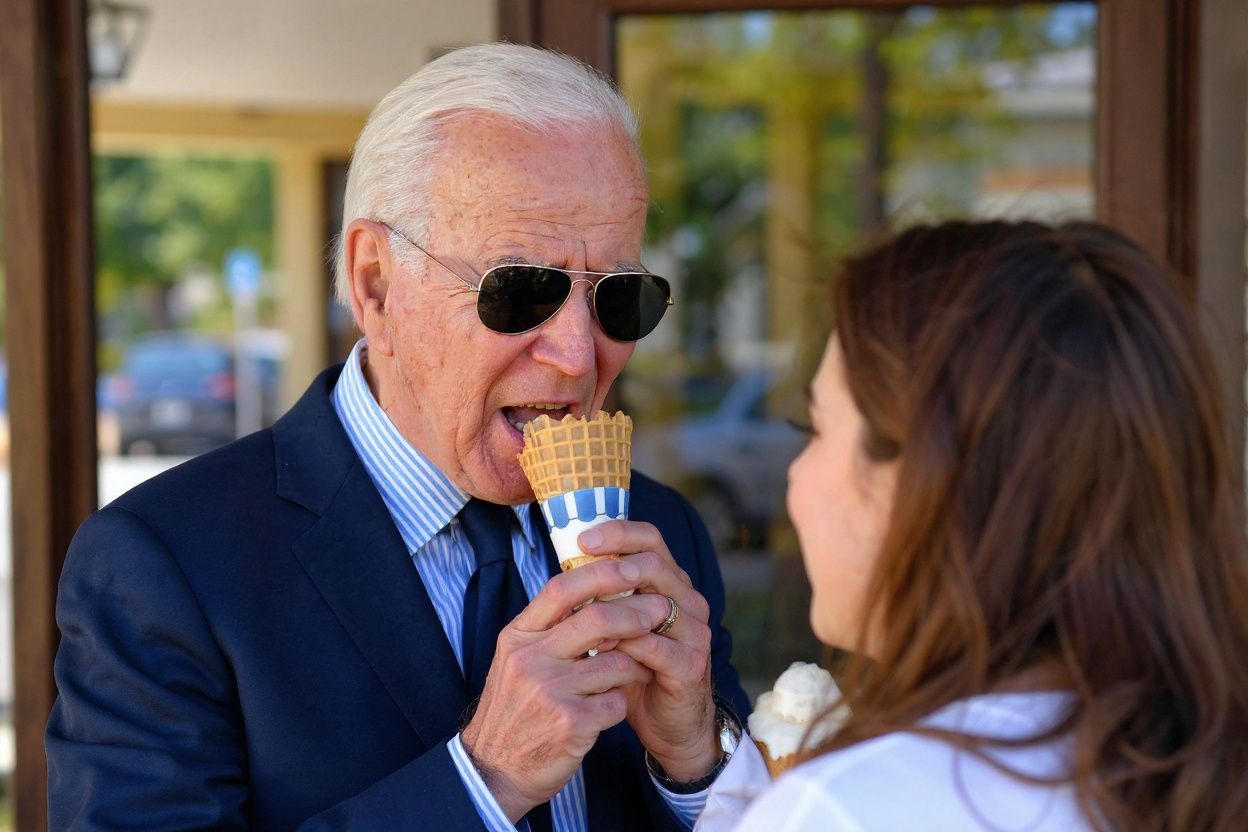
Despite a pandemic on hand, interest to study in the US remains strong, according to a global survey of students. The Keystone Academic Solutions’ State of Student Recruitment USA 2021 report found that the top motivation to study in the US stems from prospects to live and work in the US after graduation (38%), followed by the reputation of the degree or university (37%), the overall experience of studying in the US (32%), career opportunities in their home country after graduation (30%) and the flexibility of their studies that allows to them engage in part-time work and internships (28%).
Keystone surveyed 5,851 students interested in studying in the US, representing over 180 countries. Survey data was collected between March and April 2021.
In terms of location, the top US states were:
- California (36%)
- New York (35%)
- Florida (22%)
- Washington (20%)
- Texas (16%)
- New Jersey (13%)
A total of 35% of students did not know which states they were interested in. The majority of students were interested in campus-based learning (66%), followed by flexible or hybrid learning (37%) and fully online or distance (21%).
Most students surveyed (48%) were interested in master’s programmes, while 21% were interested in bachelor’s, 13% doctoral and 12% certificate or diploma programmes. Healthcare studies is popular among respondents, with 13% expressing an interest in the field, followed by engineering (12%), business (11%), management (10%) and technology (9%). At the bottom of the list were professional studies (1%), as well as construction and sustainability studies (2%).
New president, renewed interest to study in the US?
 Many Keystone survey respondents said they were interested to study in the US to pursue their master's. Source: Frederic J. Brown
Many Keystone survey respondents said they were interested to study in the US to pursue their master's. Source: Frederic J. Brown
Separately, a Navitas Insights report also found that the US was always a top study abroad destination and will reassert its status in the coming year. This is bolstered by several factors, including changing perceptions of the country’s reputation for being safe and stable, as well as its handling of COVID-19.
The third round of Navitas Agent Perception Research in March 2021 captures the views and opinions of nearly 900 agents in 73 countries around the world on the impact of COVID-19 on international education.
US President Joe Biden has played a role in improving the US’s reputation for being a tolerant and welcoming multicultural society. A Navitas analysis notes that on his first day in office, the country’s 46th president issued a number of executive orders to revoke actions imposed by the previous administration.
These included halting the construction of the Mexican border wall and ending the ban restricting travel from 14 countries — commonly known as “the Muslim ban.” Biden let a ban expire on H1B visas, yet another signal to the world that international students are welcome in the US.
The survey of agents found that positive sentiment towards the US government’s handling of COVID-19 has improved dramatically, from barely 12% agreeing or strongly agreeing in September 2020, tripling to over 36% agreeing or strongly agreeing in March 2021.
 US President Joe Biden eats ice cream at Honey Hut Ice Cream in Cleveland, Ohio, on May 27, 2021. Source: Nicholas Kamm
US President Joe Biden eats ice cream at Honey Hut Ice Cream in Cleveland, Ohio, on May 27, 2021. Source: Nicholas Kamm
Previous Navitas surveys showed the US lagging behind other countries on the measures of being reputedly “safe and stable” and “open and welcoming.” However, the proportion of agents reporting improvement in the country’s reputation as safe and stable almost quadrupled from 10% to 39% between September and March, while its reputation for being open and welcoming saw an almost five-fold increase from 11% in September to 51% in March.
“As a result, agents are now reporting that the USA is in fact considered to be more open and welcoming than either Australia or New Zealand. This is also reflected in agents’ much more optimistic assessments of the likelihood of students being able to travel to the USA in either the second half of 2021 or the first half of 2022 (28% and 51% almost certain respectively),” said the analysis.










